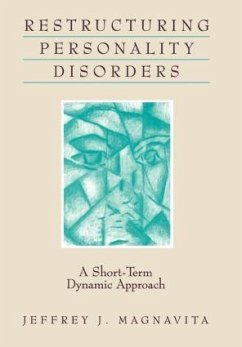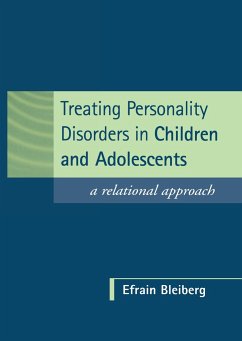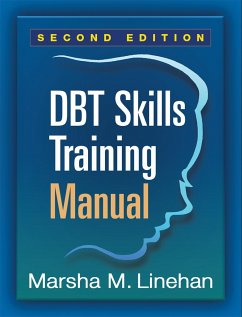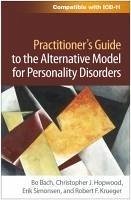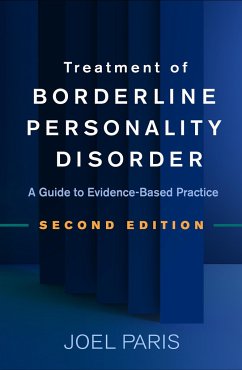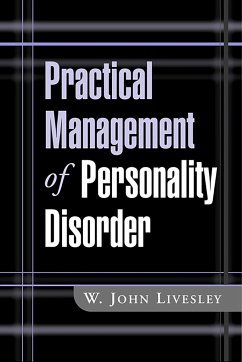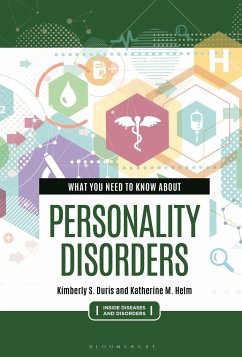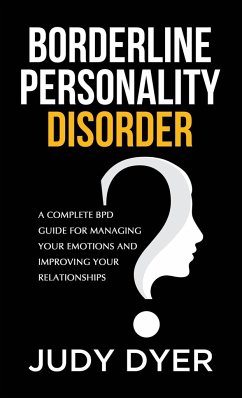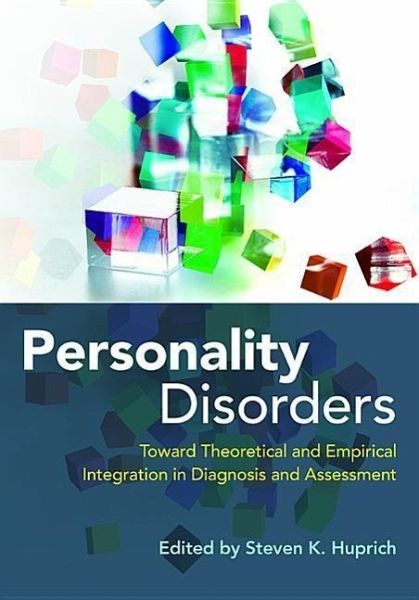
Personality Disorders
Toward Theoretical and Empirical Integration in Diagnosis and Assessment
Herausgeber: Huprich, Steven K
Versandkostenfrei!
Versandfertig in 2-4 Wochen
86,99 €
inkl. MwSt.

PAYBACK Punkte
43 °P sammeln!
What are personality disorders? How should they be conceptualized, and how should they be assessed and diagnosed in clinical practice? For over a century these questions have been at the heart of psychological science. Yet even today, as the recent controversy over proposed changes to the classification of personality disorders in DSM-5 attests, there is hardly consensus on the answers. This groundbreaking text offers a comprehensive and provocative tour of a field that is ripe for integration. Contributors who rank among the world's most prestigious clinical and personality psychologists guid...
What are personality disorders? How should they be conceptualized, and how should they be assessed and diagnosed in clinical practice? For over a century these questions have been at the heart of psychological science. Yet even today, as the recent controversy over proposed changes to the classification of personality disorders in DSM-5 attests, there is hardly consensus on the answers. This groundbreaking text offers a comprehensive and provocative tour of a field that is ripe for integration. Contributors who rank among the world's most prestigious clinical and personality psychologists guide readers through the state of our knowledge of personality disorders, from conceptual and theoretical concerns to the practical problems faced by assessing clinicians. They address the advantages and disadvantages of categorical and dimensional approaches to diagnosing personality pathology used in the standard diagnostic manuals, as well as the "hybrid" model described in Section III of DSM-5. Recent advances in statistical, methodological, and biogenetic research strategies are applied to the study of personality disorders, with a focus on clinical and empirical approaches to assessment and diagnosis. Theorists describe how psychodynamic, attachment, interpersonal, evolutionary, and cognitive processing approaches offer surprisingly similar models of conceptualizing and treating personality disorders.
Dieser Artikel kann nur an eine deutsche Lieferadresse ausgeliefert werden.



